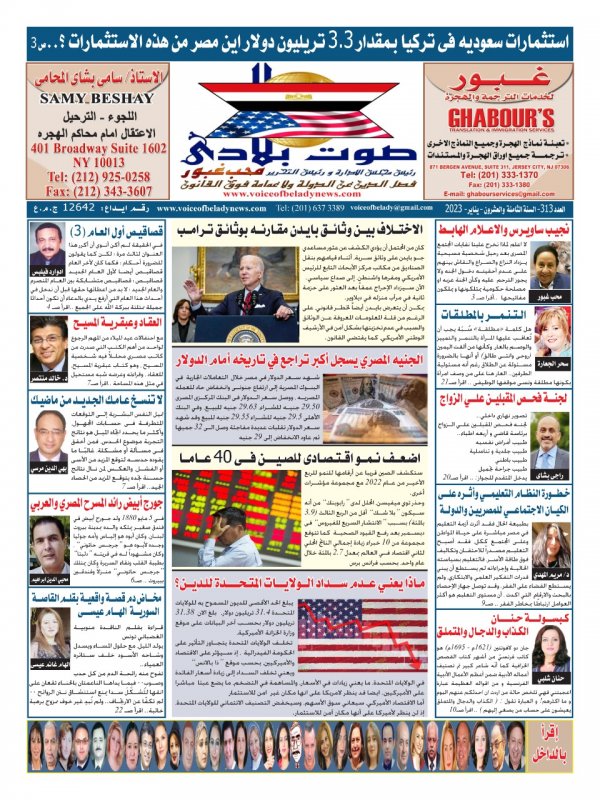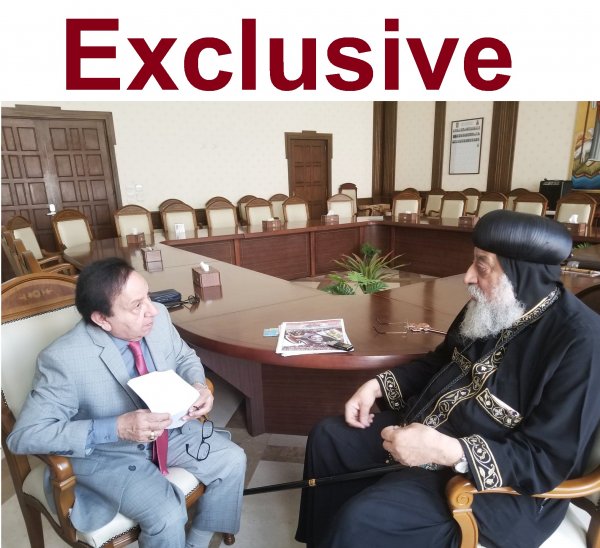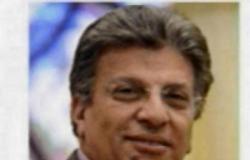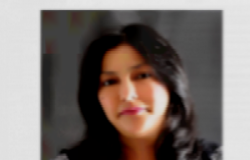I wrote
Huwaida Awad Ahmed
Attempts have been made to differentiate between democracy in its English concept and democracy in its Soviet concept. Harold Lasky treats democracy in a functional way and believes that following this functional criterion helps to show that much of the conflict between the two concepts is the temporary result of historical circumstances, and not a permanent division between them, and Lasky believes that a distinction should be made. First, between the two things, a democratic society and a democratic government.
A democratic society is a society that takes the satisfaction of citizens as the ultimate goal of their demands, which it considers the highest in it, and it is necessary for them, logically, to realize that this goal cannot be achieved if any group or class in society has special privileges based on birth, wealth, or age.
The purpose of violating the right of any group or class to special privilege is based on enabling the needs of citizens to be weighed with the least possible bias. As for democratic government, it means that those who make the laws are in the end.
First they are chosen by their fellow citizens for this purpose
Secondly, they exercise their powers by procedures that prevent citizens from approving or disapproving of them on the basis of their record of exercising their power, and that the result of B-C is the logical conclusion that a government cannot be democratic if it imposes an arbitrary procedure in the election so that it does not obtain the approval of its fellow citizens. citizens.
The right to express disapproval in the English concept, then, entails the right to organize with like-minded citizens for collective expression of disapproval, and is thus essential to the establishment of democratic government, for if another method is pursued, the experience that leads to undesirable demands from the government in power is suppressed.
And if freedom is suppressed, it means.
The government action is based on the refusal to endorse the discussion
And.. that it compels the citizens not only to maintain law and order, but also to put its critics under threat and punishment if they attempt to argue.
Lasky draws from these assumptions that he made that any government that does this must descend to the point of tyranny.
Democracy is defined as the political system that provides regular constitutional opportunities to change the ruling class, as well as the creation of social organizations that allow the majority of the population to have influence in important decisions, by choosing between competitors for political positions. Periodic constitutional opportunities to change government officials and a social mechanism that allows the widest segments of the population to influence major decisions by choosing between competitors for political positions.
Any evaluation of the nature of democracy in a society must depend mainly on what the observer chooses as a classification of democracy, while the concept of democracy has drawn the attention of political thinkers for centuries.
He believes that the meaning of democracy does not contain criteria related to how decisions are taken, but to the results that these decisions reach, that is, in a more specific sense, we see him saying that these results must lead to improving the condition of the individual within society.
And although Sydney Hooke is quite ready to admit that democracy may work easily in societies with high statuses for individuals, he insists that these conditions are not in fact the concept of democracy, but he believes that democracy is a way and a way to make decisions, but what we lead to these decisions and believes that it is not the point of interest Rather, the important criterion in his opinion is whether the people have the right through the majority to choose, to choose the life they want.
Democracy is an experiment in governance as the rule of the people for the people and by the people.
Or, in other words, the rule in which each individual has a share
If democracy is not just a form of government, it is not essentially a form of government.
Democratic rule means a democratic state. But a democratic state does not necessarily mean a democratic government.
The democratic state is consistent with any type of government - democracy - or - autocracy - or monarchy, and it may place the supreme authority in the hands of a dictatorship, as the United States of America does in real terms in times of crisis with regard to the president of its republic.
All that the word democracy means is that society as a whole has the power of sovereignty. It retains ultimate control over public matters. Democracy as a form of state is merely a method of appointing, supervising, and dismissing government.
Democracy is not just a form of government. Rather, it is a way of life for a society in which the degree of culture and political civilization has reached a high level that qualifies for voluntary and meaningful participation in the affairs of its society.
And when we talk about democracy as being based on two basic pillars: freedom and equality, we do not mean by these two values an abstract matter, but rather relative concepts as coefficients of the people's satisfaction with their way of life and its goals.
Democracy is not confined to the circles of government and the fields of politics only, but rather it is a type of thinking and behavior that, for its success, requires that it permeate the fabric of the entire life of society. Any citizen may properly perform his national duties if he has not experienced freedom and democracy and has not practiced them in the institutions to which he belongs.




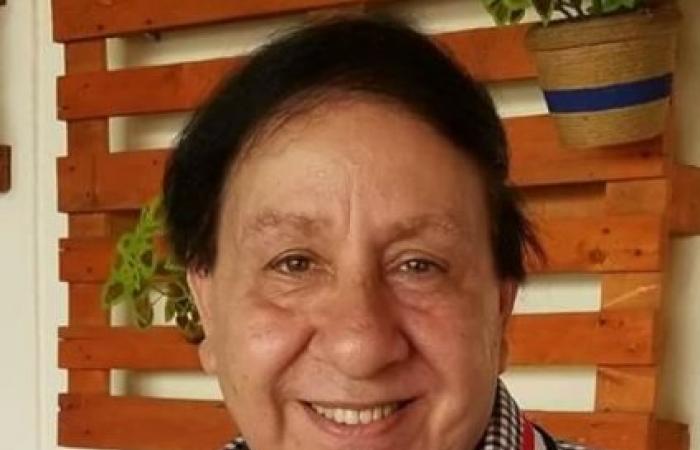 رئيس التحرير يكتب : من التراب وإلى التراب يعود .. تحويل جثث الموتى إلى سماد عضوى
رئيس التحرير يكتب : من التراب وإلى التراب يعود .. تحويل جثث الموتى إلى سماد عضوى
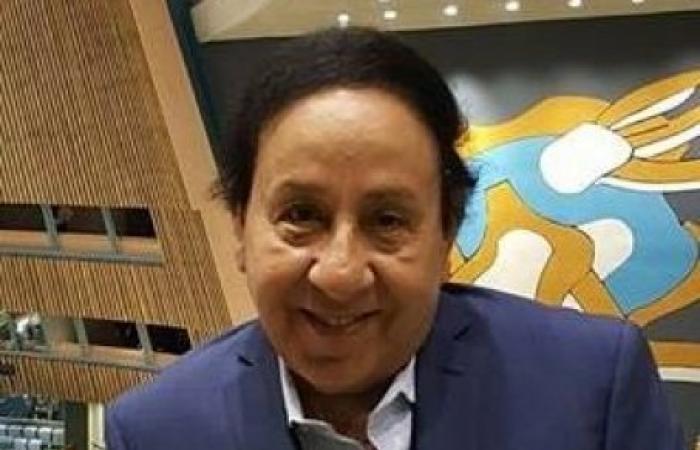 رئيس التحرير يكتب : لماذا تصر الحكومة على استمرار شريف أبو النجا رئيسا لمستشفى 57357 رغم الشواهد العديدة على فساده
رئيس التحرير يكتب : لماذا تصر الحكومة على استمرار شريف أبو النجا رئيسا لمستشفى 57357 رغم الشواهد العديدة على فساده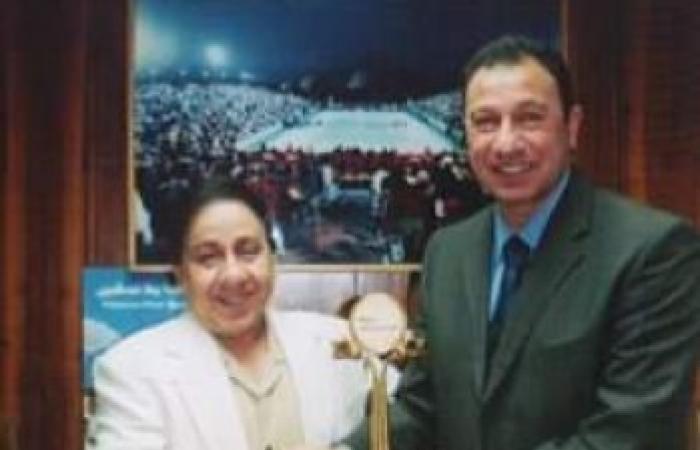 اقرأ في العدد الجديد ( عدد يناير ٢٠٢٣ ) من جريدة صوت بلادي
اقرأ في العدد الجديد ( عدد يناير ٢٠٢٣ ) من جريدة صوت بلادي
